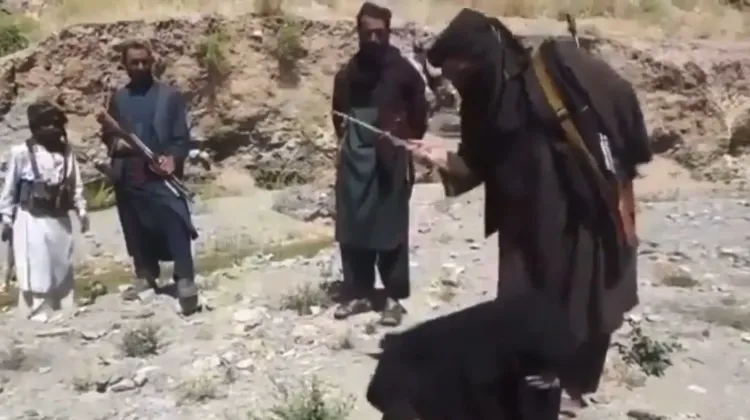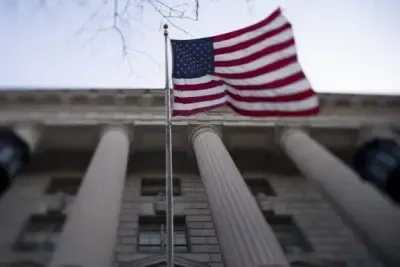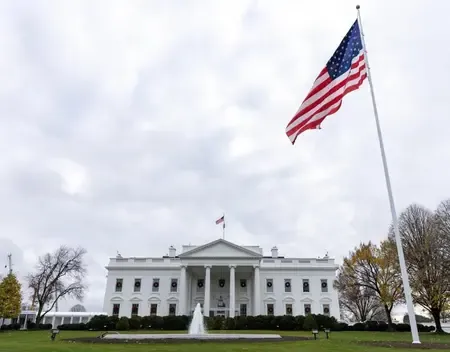Taliban Executes Four Public Sentences Amid Global Outcry

Synopsis
Key Takeaways
- Taliban executed four publicly in Badghis and Nimroz.
- International condemnation continues to rise.
- UN calls for cessation of public executions and punishments.
- Significant increase in corporal punishment reported.
- Human rights violations escalate since Taliban's return.
Kabul, April 11 (NationPress) In defiance of escalating international criticism, the Afghan Taliban executed four individuals publicly on Friday in the western provinces of Badghis and Nimroz, as reported by the Taliban-operated Supreme Court.
Richard Bennett, UN Special Rapporteur on human rights in Afghanistan, expressed his dismay, stating, "I condemn the four public executions carried out today in Badghis (2), Farah, and Nimroz provinces of Afghanistan. These executions, alongside the corporal punishments administered publicly by the Taliban, represent clear breaches of international law and must be halted immediately."
Since regaining control in 2021, the Taliban has intensified and broadened their harsh application of corporal and capital punishment based on their interpretation of Islamic law.
Furthermore, data recently published by the Taliban's Supreme Court indicates that at least 456 individuals, including 60 women, have received public flogging in 26 provinces throughout March 2024. Over the past three years, more than 798 individuals, including 140 women, have endured public lashings.
The report noted that the Taliban has issued 176 death sentences, 37 stoning sentences, and four cases where individuals were killed due to wall collapses—a punishment inspired by early Islamic history.
International bodies, including the UN, have continually urged the Taliban to end these punitive measures, advocating for due process, judicial transparency, and basic rights for all Afghans.
The UN has previously declared public executions in Afghanistan as a "clear human rights violation." Since the Taliban's takeover in 2021, acts such as public executions, floggings, and other corporal punishments have been reinstated, despite global calls to respect human rights principles.
These actions have raised significant alarm among human rights advocates and the global community. The UN emphasized that public executions signify a broader trend of human rights regression in Afghanistan.
In February, Bennett addressed the UN Human Rights Council, stating that the Taliban is tightening its grip on Afghan society, ruling through oppression and fear.
He remarked, "The escalating repression by the Taliban, growing discrimination against women and girls, diminishing civic spaces, ethnic and religious violations, along with a concerning increase in corporal punishment and violence, serve as stark warnings that conditions in Afghanistan are deteriorating further."










